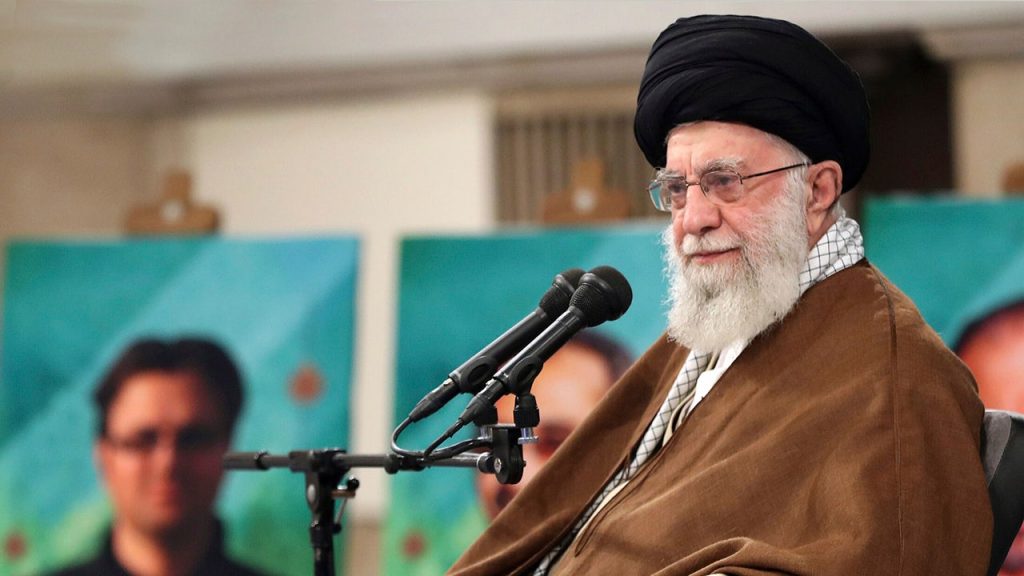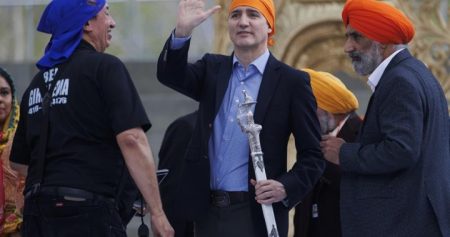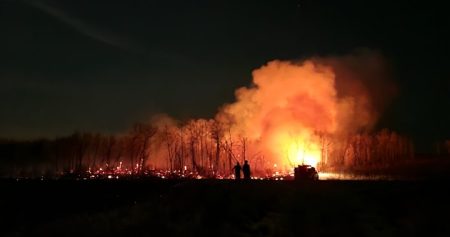Israel’s foreign minister, Israel Katz, is calling for additional sanctions on Iran in response to a missile and drone attack that targeted Israel over the weekend. Katz has sent letters to 32 countries urging them to impose new sanctions on the Iranian missile project and declare the Islamic Revolutionary Guard Corps (IRGC) a terrorist organization. In addition to military responses, he is leading a diplomatic offensive against Iran, believing that additional sanctions would help to stop and weaken Iran. The attack by Iran on Israel has raised concerns of a wider regional conflict.
Iran launched hundreds of drones and missiles at Israel in response to a deadly strike on the Iranian consulate in Syria. Israeli air defense systems, along with intervention from its allies, including the U.S., successfully intercepted 99% of Iran’s drones and missiles, preventing any deaths. Israeli military chief of staff, Herzi Halevi, stated that a response to the attack would be forthcoming but did not provide details. Iranian Deputy Foreign Minister Ali Bagheri Kani has warned that Iran will swiftly respond to Israeli retaliation, indicating a potential escalation of conflict.
President Biden has spoken with Israeli Prime Minister Benjamin Netanyahu and has expressed that the U.S. will not participate in any Israeli counter-offensive against Iran. While the U.S. supports Israel’s right to defend itself, it does not seek a wider war in the region or war with Iran. The Group of Seven major democracies are working on coordinated measures against Iran, as announced by British Prime Minister Rishi Sunak. It is important for Israel to consider how to respond to Iran’s attacks while avoiding further escalation.
The direct attack on Israel by Iran has increased concerns of Israel’s involvement in a wider regional conflict. The Israeli military is prepared to respond to the attack, but the details of their response have not been disclosed. Iran, on the other hand, has vowed to swiftly respond to any Israeli retaliation, indicating the potential for further escalation. It is essential for all involved parties to exercise caution and seek diplomatic solutions to prevent further escalation of conflict.
The call for additional sanctions on Iran by Israel’s foreign minister highlights the need to address Iran’s missile project and the activities of the Islamic Revolutionary Guard Corps. By imposing new sanctions on Iran and declaring the IRGC a terrorist organization, Israel aims to weaken and stop Iran’s aggressive actions. The diplomatic efforts to rally support from other countries in imposing these sanctions are part of a broader strategy to contain Iran’s influence and prevent further attacks on Israel. The support of the Group of Seven major democracies in coordinating measures against Iran further strengthens Israel’s position in its response to the recent attacks.
In conclusion, the recent missile and drone attack by Iran on Israel has prompted calls for additional sanctions and diplomatic efforts to stop and weaken Iran’s aggressive actions. Israel’s military is prepared to respond to the attack, but the focus is on seeking diplomatic solutions and avoiding further escalation of conflict. The support of the U.S. and other allies in coordinating measures against Iran underscores the need for collective action to address Iran’s destabilizing activities. It is crucial for all parties involved to exercise caution and work towards peaceful resolutions to prevent further violence and instability in the region.















